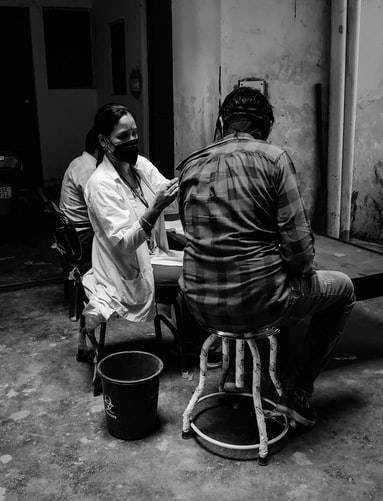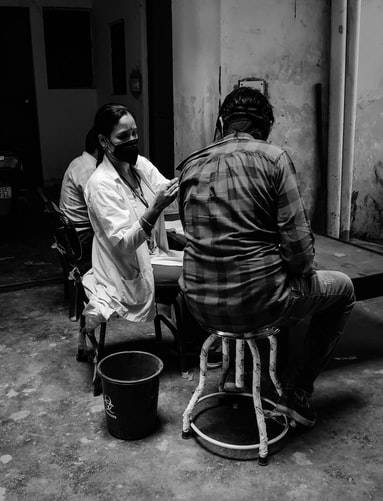A study from the Perelman School of Medicine at the University of Pennsylvania has proven that the drug (diABZI), which activates the body's innate immune response, is highly effective in treating severe "COVID-19" in preclinical trials conducted on mice infected with the novel coronavirus. The findings, published in the latest issue of the journal "Science Immunology," suggest that the drug may also treat other respiratory coronaviruses.
Sarah Cherry, a professor of pathology and laboratory medicine, stated in a report published on the University of Pennsylvania's website two days ago: "A few drugs have been identified as game-changers in preventing infections from the novel coronavirus, and this paper is the first to show that activating the early immune response with a single dose of diABZI is a promising strategy for controlling the virus, including against the concerning South African variant (B.1.351)."
She added, "There is an urgent need to develop effective antivirals to control the virus and the disease, especially as dangerous variants continue to emerge." The novel coronavirus initially targets epithelial cells in the respiratory tract as the first line of defense against infection, and the innate immune system in the respiratory tract recognizes viral pathogens by detecting their molecular patterns.
Cherry and her research team aimed to better understand this effect by examining human lung cell lines under a microscope that had been infected with the novel coronavirus. They found that the virus can hide, delaying early recognition by the immune system and disrupting the immune response. The researchers anticipated they could identify drugs—or small molecules with drug-like properties—that could trigger this immune response in respiratory cells early and prevent severe novel coronavirus infection.
To identify antiviral molecules that could prevent infection, the researchers conducted a high-throughput screen of 75 drugs targeting sensing pathways in lung cells, examining their effects on viral infection microscopically and identifying nine candidates, the best of which was diABZI. This drug has not yet been approved by the FDA but is currently under clinical trial for treating certain types of cancer.
The researchers found that this drug effectively inhibits the novel coronavirus infection of various strains, including the concerning South African variant, by stimulating interferon signaling. The efficacy of the drug was tested in genetically modified mice infected with the virus, significantly reducing viral loads in their lungs and gills, while increasing cytokine production—both of which support the discovery that this drug stimulates interferon for preventive immunity.
Cherry states that the study's results are promising, suggesting that the drug could be an effective treatment for the novel coronavirus that can prevent severe "COVID-19" symptoms and curb the spread of the infection. Additionally, the drug has been shown to inhibit human influenza virus and rhinovirus replication in cultured cells, indicating it may also be effective against many other viruses. She adds, "It is really important to remember that the novel coronavirus will not be the last coronavirus we encounter that we need to protect against."




